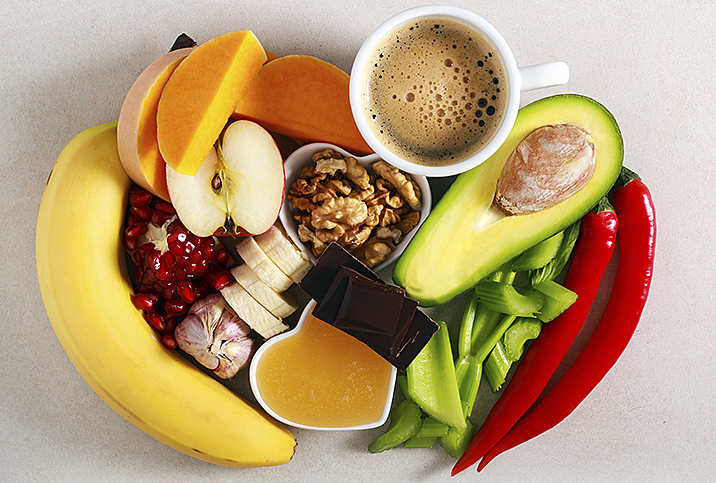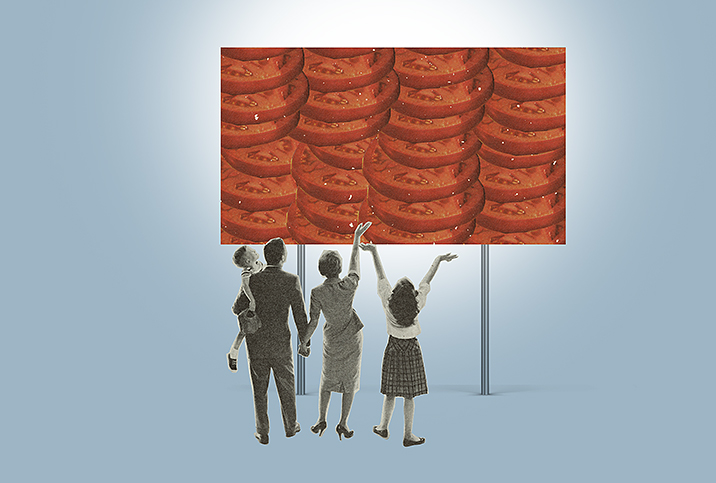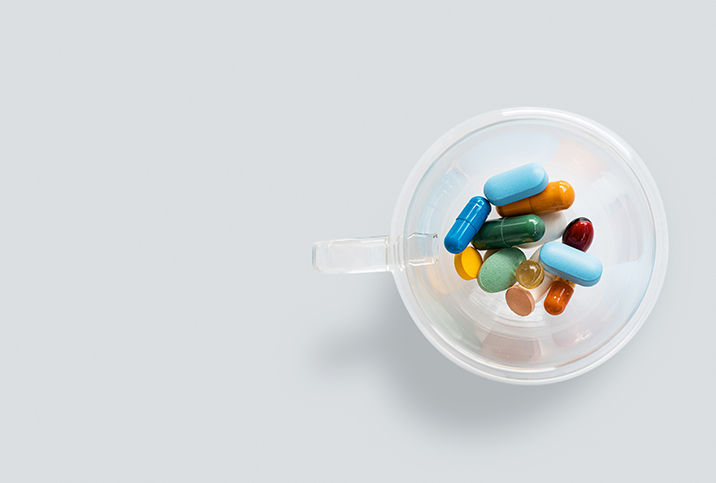The Connection Between Metabolism and Sex Drive

Your brain keeps track of everything under your skin and responds to its environment in ways that protect your body, some of which can cause your sex drive to suffer. And when one of those body-protecting actions your brain takes is to slow down metabolism, that also likely reduces libido, making sex uninteresting or uncomfortable.
What is metabolism?
Metabolism is the process the human body uses to turn food into energy. A person's endocrine system directly controls their metabolism and determines how fast or slow the body burns energy.
On an individual basis, your metabolism determines how many calories your body burns and how much it stores. People with a fast metabolism tend to be slim without exerting effort. Your friend who can eat as much food as they want without any weight consequences? Yep, high metabolism. If you have a slow metabolism, your body stores energy instead of burning it.
Metabolism & sex
From the top of your head to the bottom of your feet, your body is fully connected. Thus, when your metabolism slows, the rest of your body is affected, especially your sex drive.
Our bodies have priorities, and the most important one is survival. If you're feeling stressed or you're not exercising, your body will try to conserve energy by storing it, slowing your metabolism. When your body is in that kind of "survival mode," sex isn't a priority. As a result, your body could suppress your libido. By resolving the issues causing slow metabolism, you can improve your libido and get back to having a stress-free sex life.
How to improve your metabolism
For many people—maybe you—a slow metabolism is genetic, so there may not be anything you can fix on your own. However, you can address other causes of a slow metabolism by altering your daily habits. Let's take a look at the four most common reasons for slow metabolism and how to combat them.
1. Lack of exercise
Not exercising can harm your body. Even doing light exercise for 30 minutes each day will do wonders for both your metabolism and your sex drive. Set a goal to go for a 30-minute walk or jog at some point in your day. Additionally, you can choose to do low-impact exercises such as yoga, pilates or swimming. Find something that will increase your heart rate.
2. Poor diet
Your diet has a huge impact on your overall health. When you eat too much of something, your body stores the excess. Animal fats have a considerable storage potential and often clog individuals' arteries and decrease overall health. When fats clog arteries, blood may not rush to the pelvis during sex, causing vaginal dryness or erectile dysfunction (ED). Avoid eating too many fatty foods and instead eat more colorful fruits and vegetables.
3. Stress & anxiety
When your body is under stress, your cells panic and encourage you to eat. Stress eating is a natural reaction to stress and anxiety, so never shame yourself for giving in to what your body is craving. Instead, focus on resolving the causes of stress and find ways to bring more peace and relaxation into your life. Try meditation, writing a journal or therapy to address your stressors and lower your anxiety levels.
4. Medication
Some antidepressants and beta blockers, which slow the heart rate, can reduce your metabolism. If you think your medication is affecting your metabolism, talk with your doctor about alternative medications.
Your sex life doesn't have to suffer from a slow metabolism. If you think your issue might be genetic, talk to your doctor. Otherwise, focus on your physical and emotional health. As long as you're trying to live a stress-free, healthy life, your body could reward you with increased libido.


















